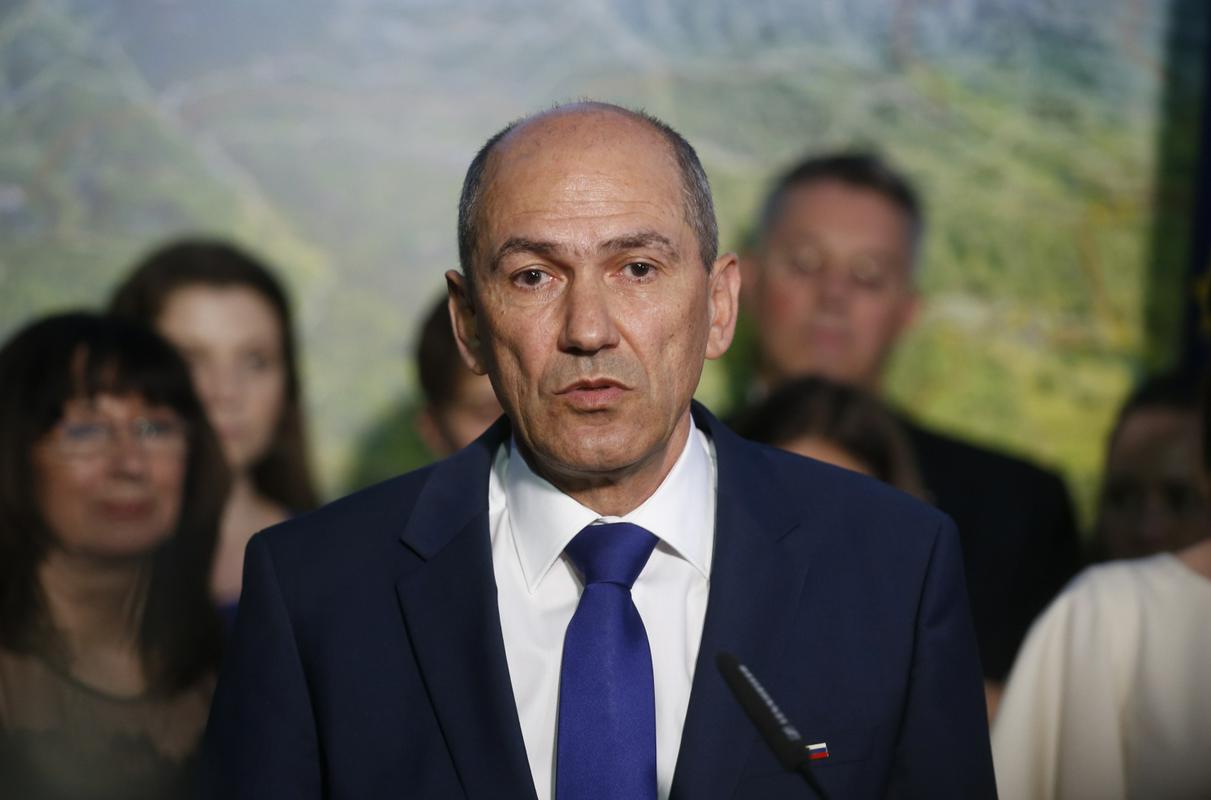
Janez Jansa, who is also a former two-time prime minister, posted a letter to the president on his Twitter account after Pahor last week gave Jansa another week to tell him whether he would accept the nomination to be prime minister.
Jansa said, however, that he expected he might be able to gain a majority in the coming weeks: “I base this expectation on the informal communications between parliamentary parties in the past days ... which showed that most parties do not want early elections.”
Slovenia held a general election on June 3 with the SDS getting 25 out of 90 seats in a highly fragmented parliament. However, most other parties say they do not want to go into a coalition with the SDS.
The second largest party, the List of Marjan Sarec (LMS), held coalition talks with five other parties over the past weeks but the talks collapsed on Monday when one of those parties, the conservative New Slovenia (NSI), left the negotiations, saying the six-party government would not be stable.
Pahor is expected to inform parliament on Monday that he will nominate no-one for prime minister. Parliament is due to meet next week to acknowledge this and give parliamentary members another 14 days to propose candidates for prime minister.
If no candidate is confirmed by parliament in the coming weeks, Slovenia would hold early election in autumn.
Analysts believe both Jansa and Sarec will continue separate talks with other political parties to try to form a government coalition with all options still on the table, including the possibility of early elections.
LMS spokeswoman Nika Vrhovnik told Reuters on Thursday she could not comment whether and when LMS would continue with coalition talks.
The political deadlock could delay reforms to the inefficient national health system and the pension system aimed at easing the burden of a rapidly aging population on the state budget.
Meanwhile, the outgoing center-left cabinet of Prime Minister Miro Cerar has started the process of selling a majority of the country’s largest bank, Nova Ljubljanska Banka. Slovenia agreed to sell the bank in exchange for European Commission approval of state aid to the bank in 2013.

































































